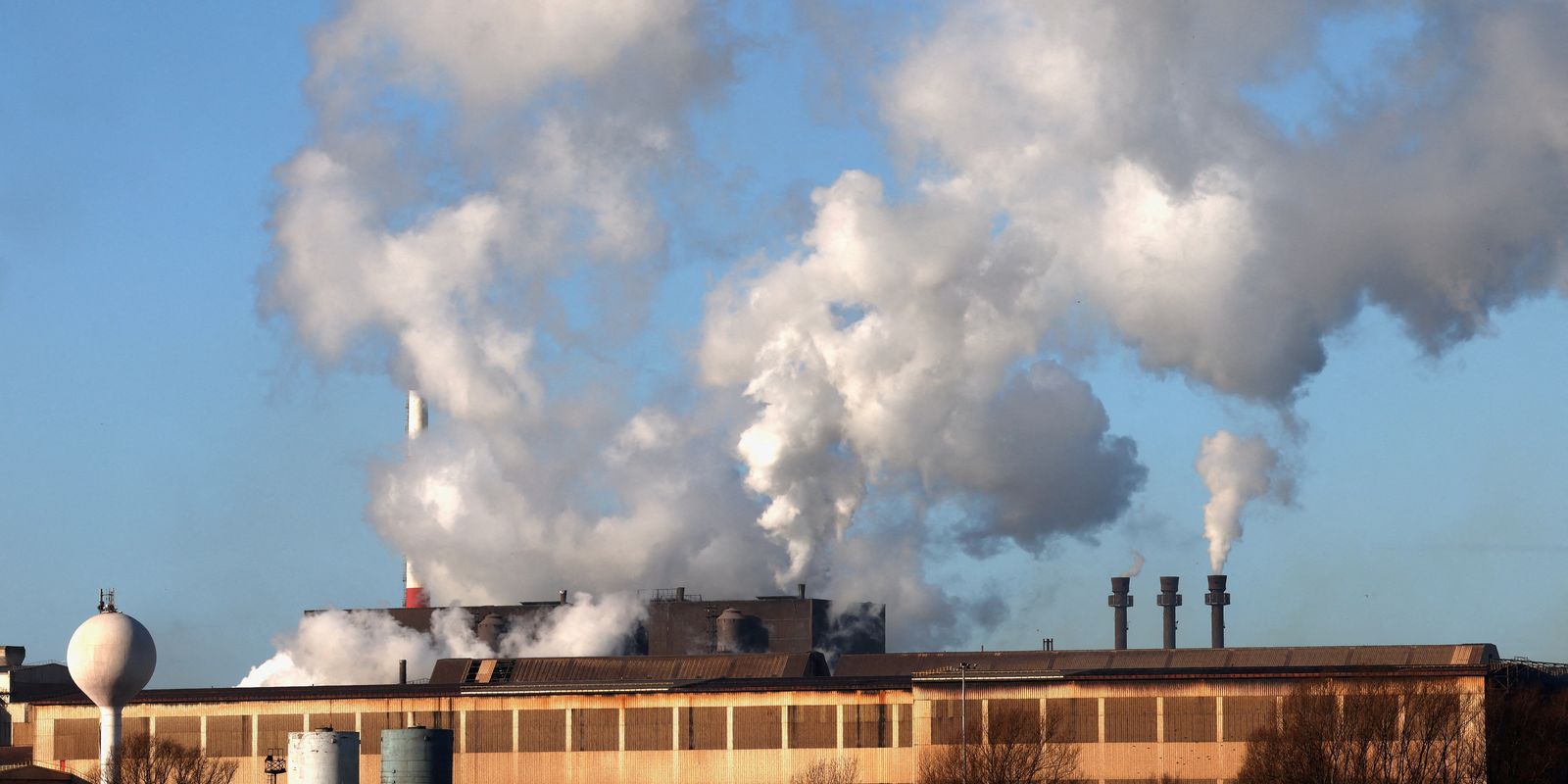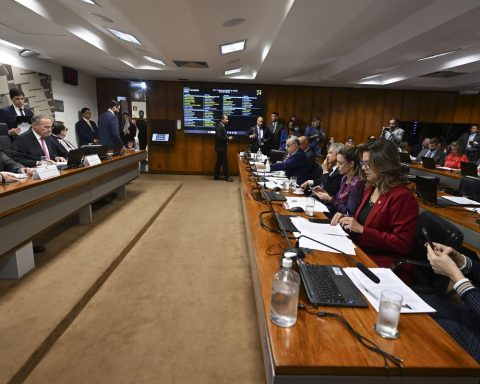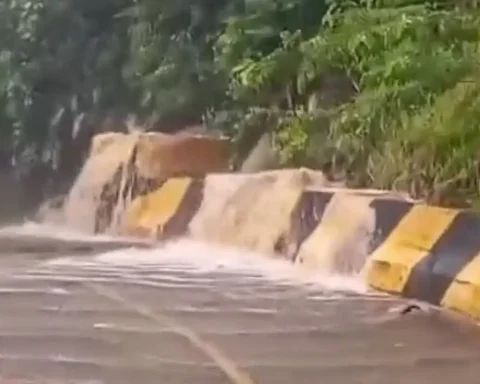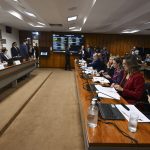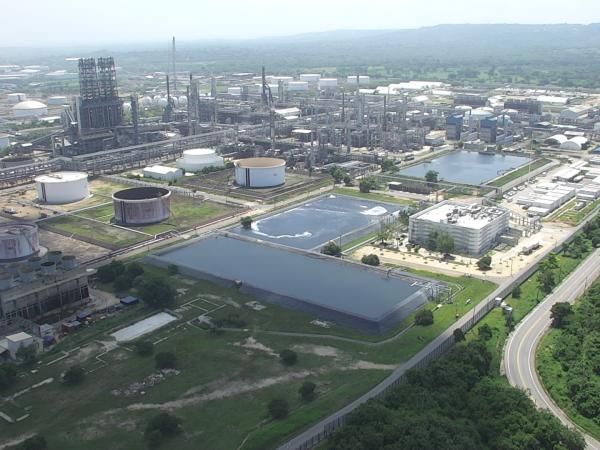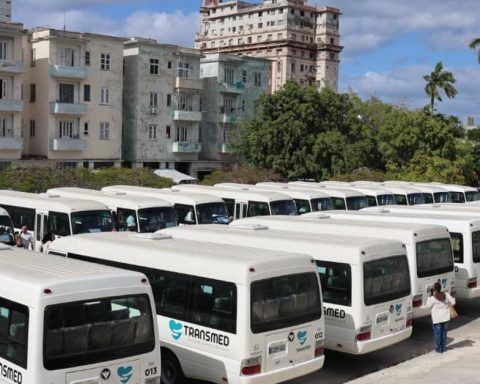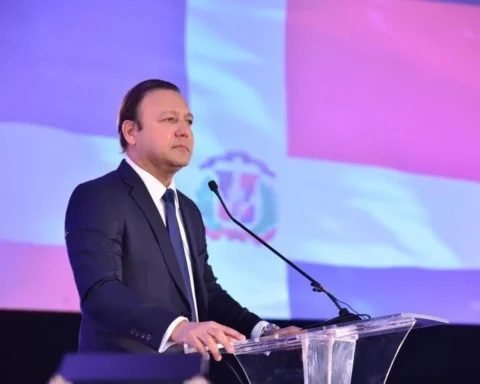A study by the Bioeconomy Knowledge and Innovation Observatory of the Getulio Vargas Foundation (FGV) on the voluntary carbon market in Brazil showed that, last year, there was an 89% drop in the volume of credits issued and a 44% drop in the volume of credits retired, compared to 2021, a record in the historical series. The objective of the study is to show the current reality of the market, highlighting the main trends, changes and challenges faced between 2021 and 2023.
The study showed that although the voluntary carbon market in Brazil has experienced significant growth, there are critical challenges that need to be addressed to ensure its credibility and long-term sustainability. When it comes to demand, there is supply, but there is difficulty in ensuring that carbon credits represent real, additional and permanent reductions in greenhouse gas emissions.
When it comes to demand, there is uncertainty about how companies will use the credits they acquire to achieve their net zero emissions targets. There is little guidance on how best to use carbon credits, resulting in a lack of transparency and a need to improve the credibility of voluntary market arrangements.
According to the data, in 2023 there were a little over ten projects and 3.38 million credits issued, this being the best result in three years. By region, in 2023 compared to 2021, the North and Northeast regions still concentrated the largest number of projects, with four in the North and three in the Northeast. The Central-West and Southeast had two projects each and the South, only one.
In 2021, renewable energy credits accounted for 29% of the total, while forestry and land use projects accounted for 65%. In 2023, the share of renewable energy credits increased to 45%, while forestry and land use credits decreased to 41%.
In the last three years (2021-2023), the states of Mato Grosso, Amapá and Acre, which in 2021 were home to forest and land use projects, in 2023 stopped issuing credits, giving way, more timidly, to the states of Goiás and Rondônia.
The data also shows that ten states had projects generating carbon credits, with Rio Grande do Sul and Piauí responsible for the largest volumes. In 2023, this number will fall by half, with Rio Grande do Sul no longer issuing credits for the renewable energy sector. Waste management appears in Santa Catarina, Minas Gerais and Maranhão. In 2023, only Minas Gerais maintained projects issuing credits in this sector.
“The drastic reduction in the volume of credits issued and in the number of projects between 2021 and 2023 suggests instability and a lack of confidence in the current system. One of the main challenges is to ensure that carbon credits actually represent real, additional and permanent reductions in greenhouse gas emissions. This requires standardization and transparency in the process of issuing and verifying credits,” explains Fernanda Valente, a researcher at FGV’s Bioeconomy Center and author of the study.
